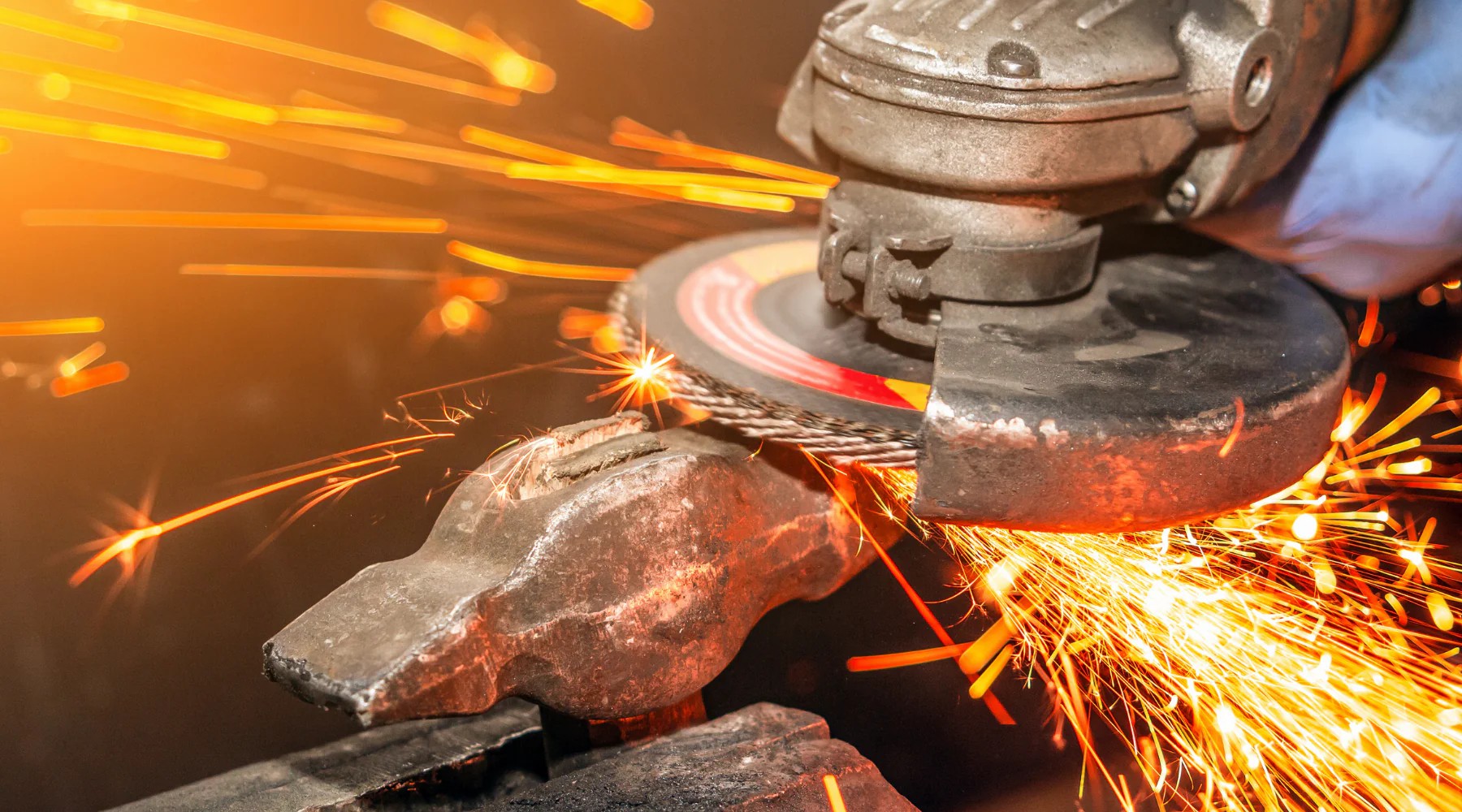


 349,500 Offered Certificates
349,500 Offered Certificates
 24/7 Online Training
24/7 Online Training
 Money Back Guarantee
Money Back Guarantee
 Fully Accredited Courses
Fully Accredited Courses

Created at: 22-02-2025 21:42
Abrasive wheels are indispensable tools in various industries, including construction, manufacturing, and metalworking. Understanding their applications, associated risks, and the importance of proper certification can significantly enhance workplace safety and compliance. This guide covers everything you need to know about abrasive wheels, from their definition to the certification process and safety best practices. Let's delve into the world of abrasive wheels!
Abrasive wheels are tools made from a composite material that includes abrasives. They are designed for grinding, cutting, sanding, or polishing materials such as metal, wood, or stone. These wheels come in various shapes and sizes, suitable for different machines like bench grinders and cutting machines. They serve a critical role in achieving precise finishes and exact dimensions in manufacturing processes.
There are several types of abrasive wheels, each serving different purposes. Some of the most common types include:
While abrasive wheels are vital for many operations, they pose significant risks if misused. The most common hazards include:
In Ireland, the use of abrasive wheels falls under specific safety regulations. Employers must adhere to the Safety, Health and Welfare at Work Act, ensuring all machinery is maintained to the highest safety standards. Additionally, the Provision and Use of Work Equipment Regulations (PUWER) outline essential safety measures regarding the operation of abrasive wheels. Regular assessments and training are critical to comply with these legal requirements.
To ensure the safe use of abrasive wheels, training is vital. A certified training program teaches employees:
Obtaining an Abrasive Wheels Certificate can significantly enhance workplace safety. It not only guarantees compliance with Irish regulations but also fosters a safety-conscious environment, effectively reducing the likelihood of accidents and injuries.
Several training providers across major cities in Ireland offer certified abrasive wheels courses. Here are some options:
For more information about available courses and to register, visit Abrasive Wheels Course.
Investing in the Abrasive Wheels Certification not only complies with legal requirements but also indicates a commitment to safety. Employees who complete certified training not only reduce risks but also enhance their professional profiles. Employers who prioritize proper training can improve workplace safety metrics, which is crucial for maintaining a positive reputation and preventing costly accidents.
Understanding abrasive wheels— from their types to the associated risks and certification processes is vital for both employees and employers. By prioritizing training and compliance, you can significantly enhance workplace safety, reduce risks, and improve career opportunities in the booming sectors across cities like Dublin, Cork, Galway, Limerick, and Waterford. Don't wait for an accident to happen— enroll in certified abrasive wheels training today!
For any questions or to get started with your certification, contact us at [email protected].